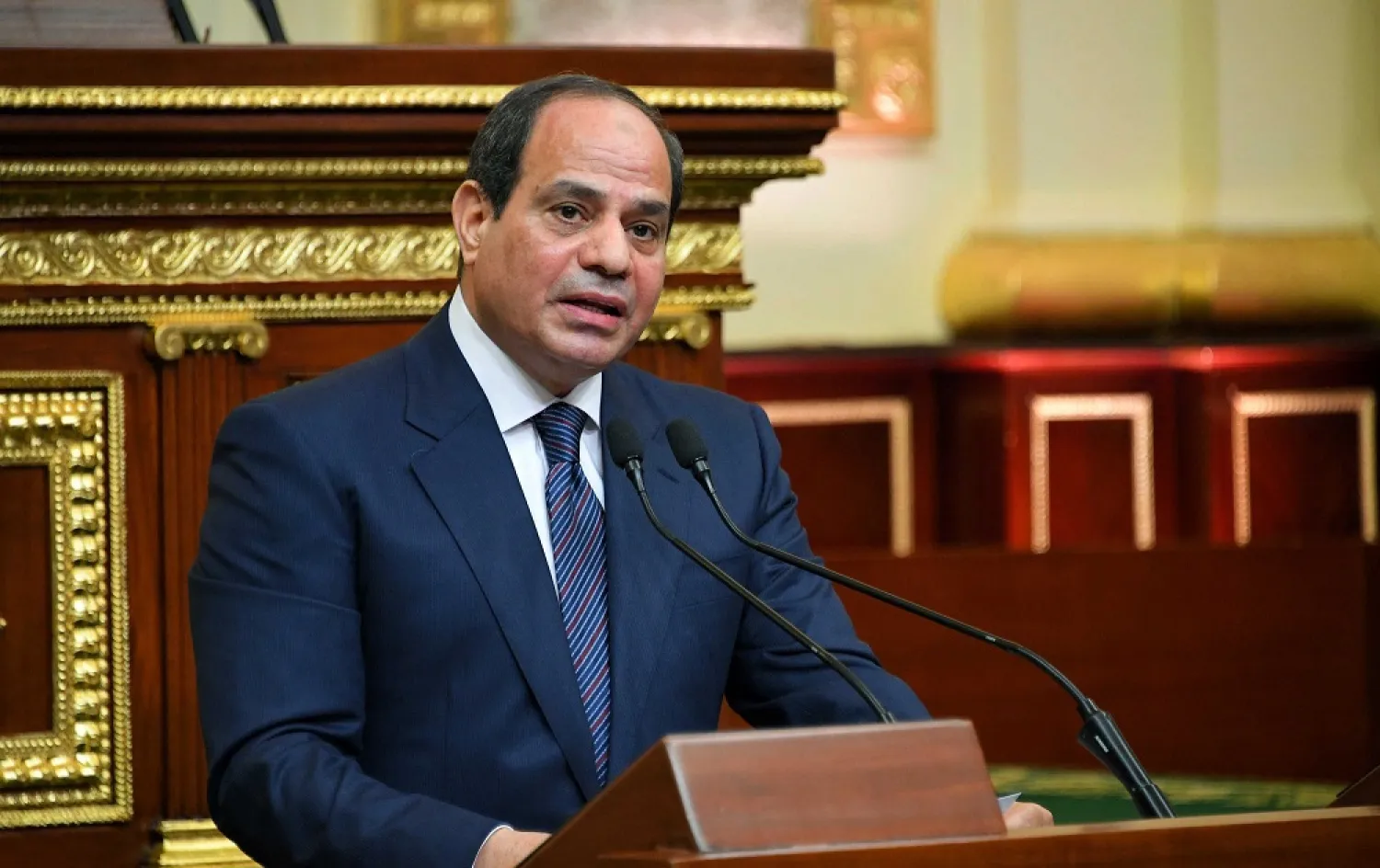Egyptian President Abdul Fattah al-Sisi said Tuesday that talks over Ethiopia's Nile dam would "drag on", but voiced hope for a negotiated settlement to the dispute.
"We are negotiating and these negotiations will be a long battle," Sisi said.
But, he added, "we will succeed, God willing."
Sisi's comments, in a speech broadcast on state TV, came amid heightened tensions between Egypt, Sudan and Ethiopia over the vast Grand Ethiopian Renaissance Dam on the Blue Nile.
For nearly a decade, talks between the three countries over the operation and filling of the mega-dam have faltered.
Last week, Ethiopia announced it had reached its first-year target for filling the reservoir, a move that sparked anxiety in downstream Egypt and Sudan, who fear for their vital water supplies.
Speaking at the opening of an industrial park in eastern Cairo, Sisi said Egyptians' fears over the dam are "legitimate and natural" but warned the media against making "threats" of military action.
"Be careful, you are addressing public opinion," he said.
The long-running dispute has recently overflowed online, with Egyptians and Ethiopians sparring in online posts over their rights to the Nile's waters.
Cairo fears Ethiopia's dam would severely cut into its share of the Nile, which provides 97 percent of the water needs of more than 100 million Egyptians.
Ethiopia, which began building the dam in 2011 and hopes it will produce vast amounts of electricity for its slightly larger population, says it is vital for its development.
It insists downstream countries' water supplies will not be affected.
Sudan hopes the dam will help regulate flooding, but in June it warned that millions of lives would be at "great risk" if Ethiopia unilaterally fills the dam.
The Nile, the world's longest river, is a lifeline supplying both water and electricity to the 10 countries it crosses.









